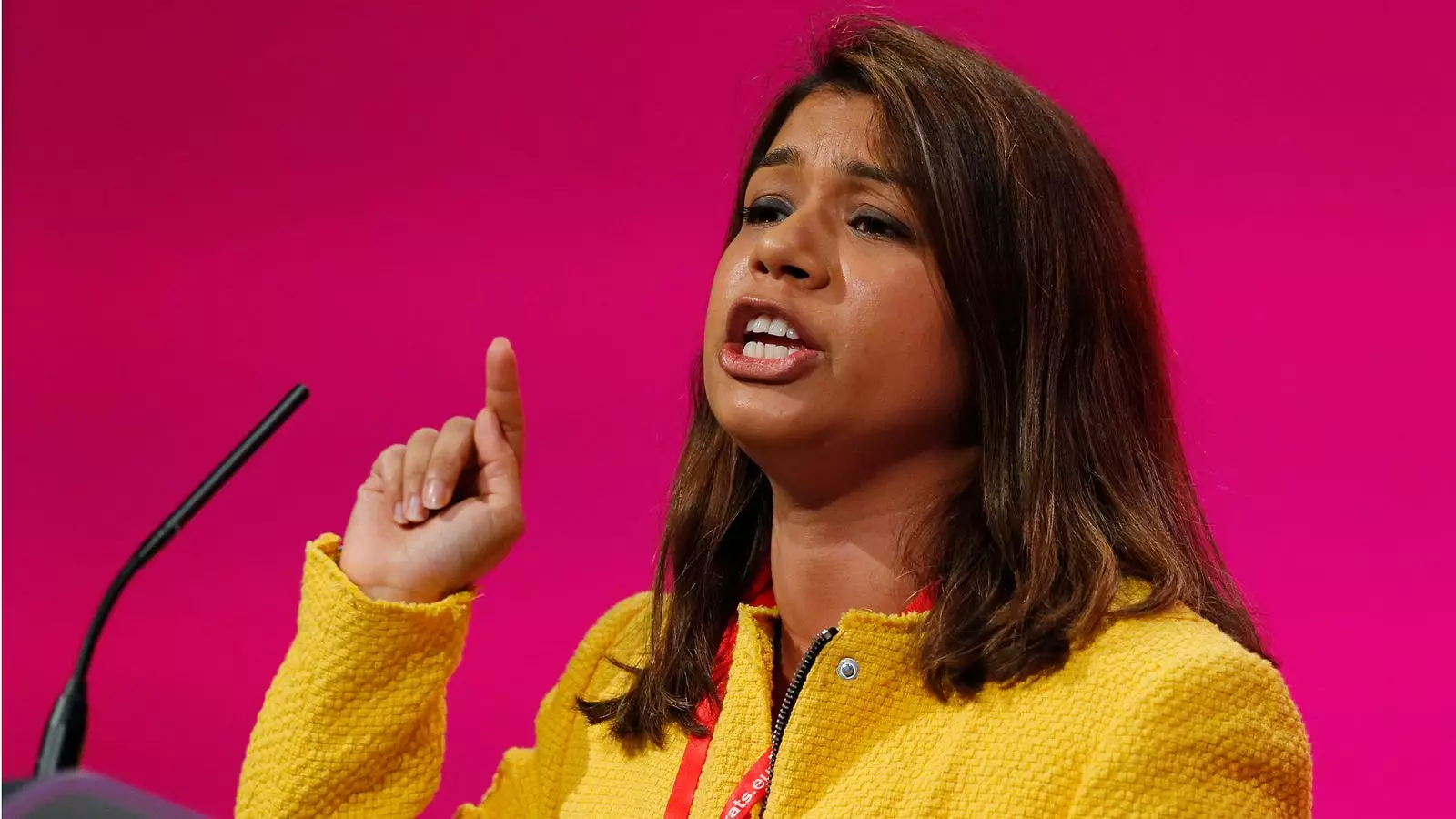The political landscape in Bangladesh has been marred by scandal, particularly concerning allegations directed at Anti-Corruption Minister Tulip Siddiq. Recent revelations suggest that Siddiq may have leveraged her political influence for personal gain, a serious accusation that has implications not just for her but also for international diplomatic relations, given her role as a Member of Parliament in the UK. This situation presents a chilling reminder of how personal connections and political power can intertwine, leading to potential wrongdoing and a loss of public trust.
An affidavit acquired by Sky News from the Bangladesh Anti-Corruption Commission has made startling claims against Siddiq, alleging that she unlawfully facilitated land allocations for her family within a development project near Dhaka. Specifically, the document asserts that while serving as an MP, Siddiq exerted undue influence over her aunt, the former Prime Minister Sheikh Hasina, to benefit her immediate family—mother, sister, and brother. Such allegations raise ethical questions about the responsibilities of public officials and the potential for nepotism within political frameworks.
The allegations suggest that corrupt practices were endemic in obtaining these plots, with hints that bribery was employed to manipulate the planning officials involved. The implications of such actions could erode public confidence in both Siddiq and the political institutions of Bangladesh. If proven true, these claims could reflect broader systemic issues rather than isolated incidents, highlighting a culture of impunity in governance.
The political context surrounding these allegations is crucial. Sheikh Hasina’s recent resignation and subsequent flight from Bangladesh amid protests has left a vacuum that Siddiq now occupies, further complicating her situation. As a prominent figure connected to a regime facing accusations of corruption, Siddiq’s reputation is inextricably tied to the actions of her aunt.
In light of the accusations, Labour sources insist that Siddiq categorically denies any wrongdoing, emphasizing that she has yet to be contacted by authorities regarding these matters. However, this assertion does little to quell public speculation regarding the legitimacy of the claims. Critics argue that the lack of evidence and the nature of the accusations—first reported by a political adversary of Siddiq—could suggest a politically motivated attempt to undermine her credibility. Nonetheless, such a defense may inadvertently reinforce the perception of a political environment steeped in distrust and allegations.
The case against Siddiq has prompted calls for transparency and accountability, not just from opposing politicians but also from grassroots anti-corruption advocates. Conservative leader Kemi Badenoch has suggested that Siddiq’s ministerial role should be reassessed in light of these serious claims. This perspective is echoed by the UK Anti-Corruption Coalition, which argues that the potential conflicts of interest hinder Siddiq’s ability to function effectively in her position.
The coalition’s statement that Siddiq should not oversee sensitive investigative roles illustrates the precarious balance of power and ethics that defines political life. As policymakers grapple with issues of governance and ethics, Siddiq’s situation serves as a potential litmus test for the new government’s approach to corruption and accountability.
The allegations against Tulip Siddiq are emblematic of deeper issues within the political framework of Bangladesh and the complexities of international politics. As investigations proceed, the outcome will likely impact not only Siddiq’s career but also the broader campaign against corruption within the region. In an era where accountability is paramount, this case serves as a critical reminder of the responsibilities that come with political power and the potential ramifications when that power is misused. The political and public response will undoubtedly shape the future of governance in Bangladesh and beyond.

